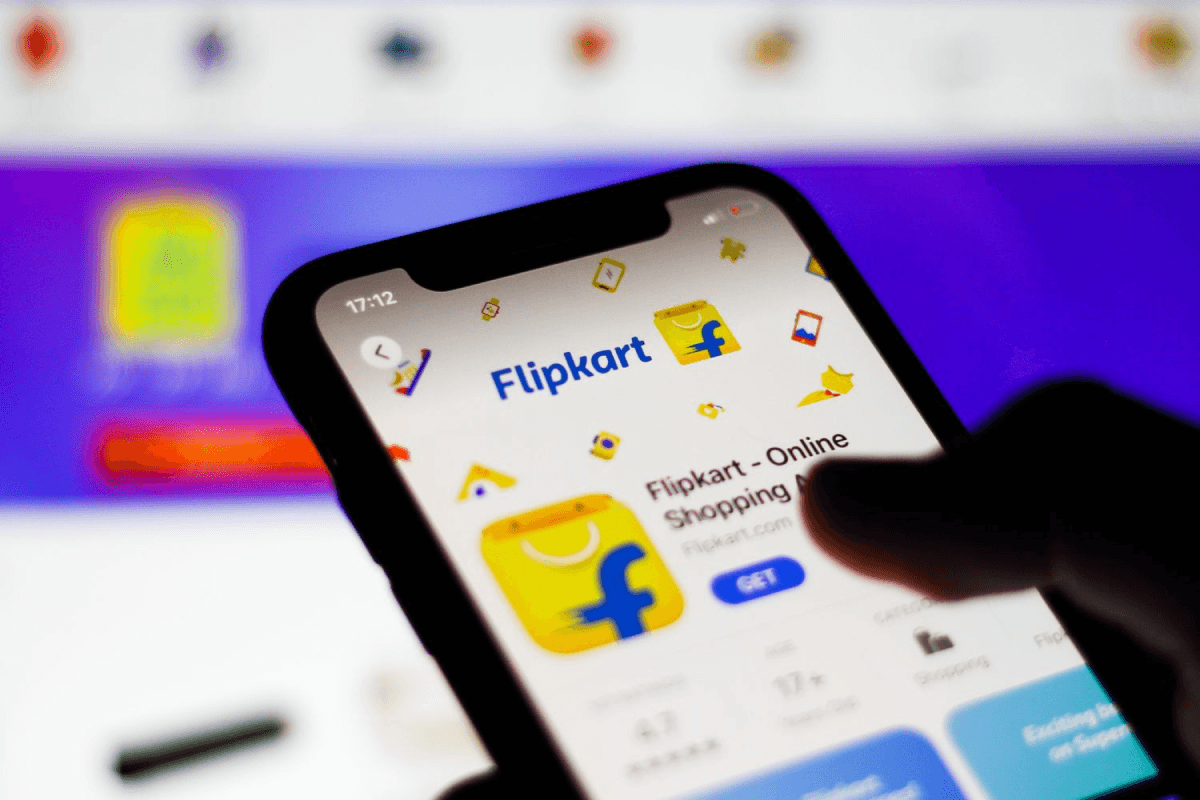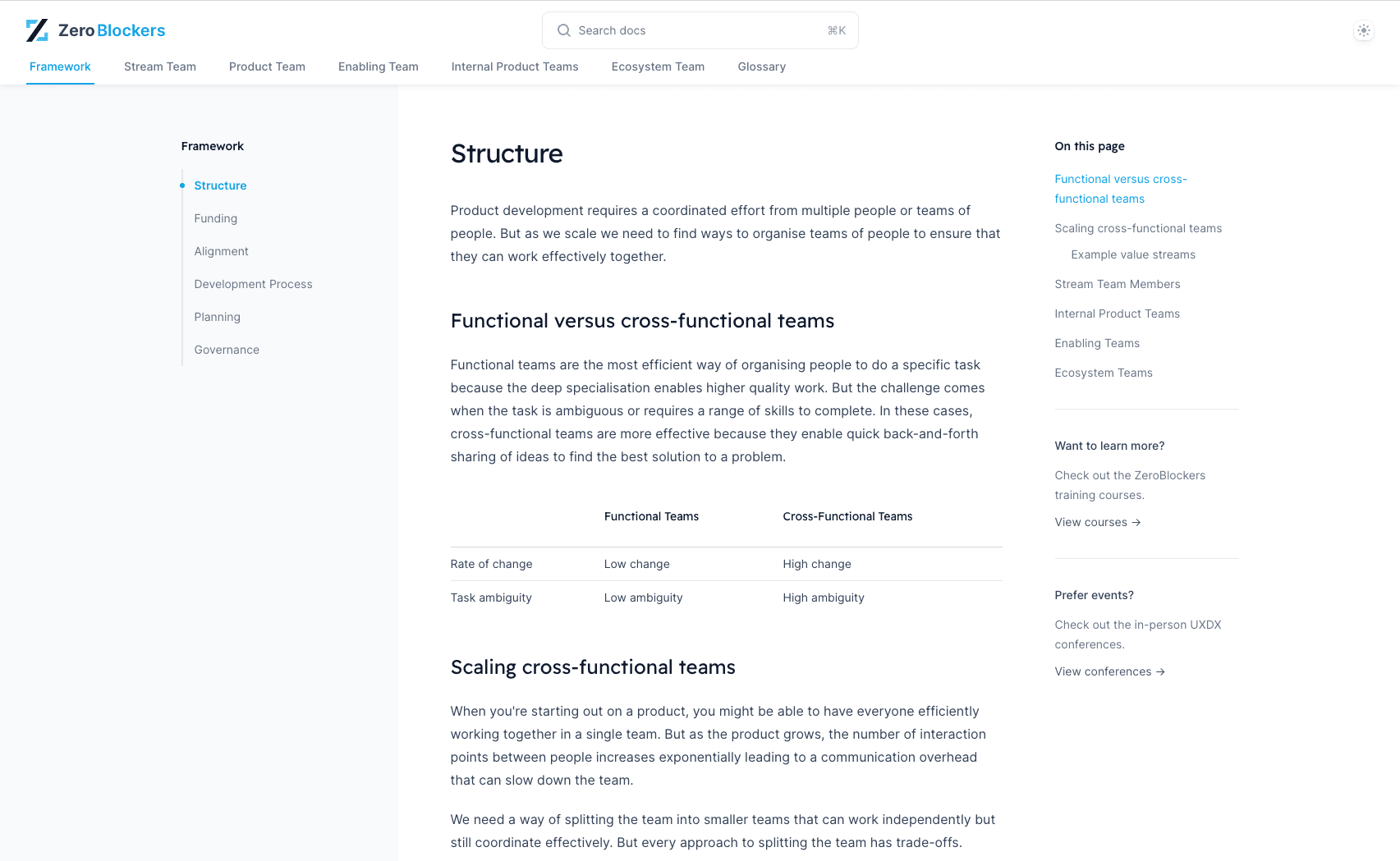Case StudyStream Team: Generating Solutions - Boosting Product Innovation with Design Sprints
Flipkart, a leading e-commerce platform in India, faced the challenge of maintaining high levels of product innovation in a fast-paced market. With diverse teams spread across various functions and locations, ensuring that innovative ideas were effectively developed and executed was difficult. Traditional project planning and execution methods often led to slow innovation cycles and fragmented efforts, resulting in delayed product improvements and suboptimal solutions.

The Solution
Flipkart adopted the design sprint methodology. This approach, led by Shriya Shekhar, a Product Designer at Flipkart, focused on fostering rapid, iterative innovation and improving the overall quality of product solutions. The strategy involved several key components:
- Structured Innovation Workshops: Design sprints were organized as intensive five-day workshops where cross-functional teams collaborated to solve specific product challenges.
- Clear Problem Definition: Each sprint began with a clear definition of the problem, ensuring all participants were aligned on the innovation goals and objectives.
- Diverse Team Composition: Teams included members from various departments such as design, engineering, marketing, and product management, bringing diverse perspectives and expertise to the table.
- Focused Ideation and Prototyping: The process emphasized rapid ideation, sketching, and prototyping to explore and validate potential solutions quickly.
- User Testing: Prototypes developed during the sprint were tested with real users to gather immediate feedback and iterate on the solutions, ensuring they met user needs effectively.
- Facilitated Innovation: A dedicated facilitator guided the team through each stage of the sprint, maintaining focus on the innovation objectives and ensuring productive collaboration.
Outcomes achieved
Implementing design sprints at Flipkart led to several significant outcomes:
- Accelerated Product Innovation: The rapid, iterative nature of design sprints enabled Flipkart to bring new and improved products to market faster, maintaining a competitive edge in the e-commerce sector.
- Higher Quality Solutions: By incorporating user feedback early and often, the solutions developed during the sprints were more aligned with user needs and expectations, resulting in higher quality products.
- Increased Efficiency: The intensive, focused nature of design sprints allowed teams to accomplish in days what might have taken weeks or months using traditional methods, enhancing overall efficiency.
- Enhanced Team Creativity: The structured yet flexible framework of design sprints encouraged creative problem-solving and out-of-the-box thinking, leading to more innovative product ideas.
- User-Centered Innovation: The emphasis on user testing ensured that the innovations were grounded in real user feedback, increasing their relevance and effectiveness.
